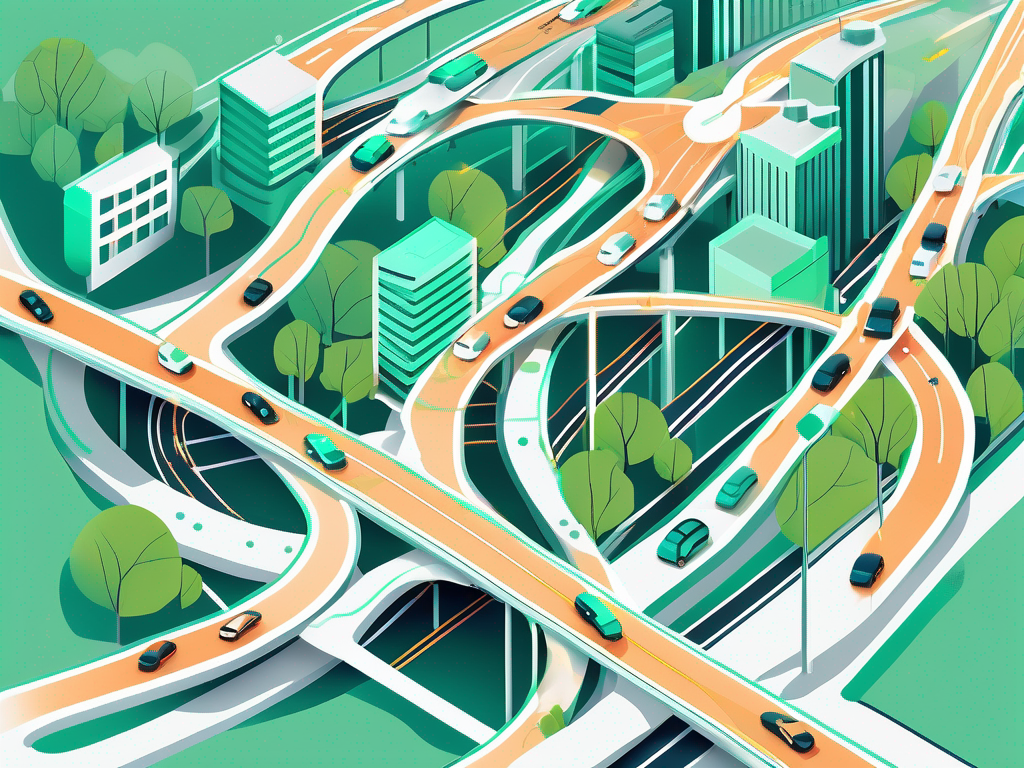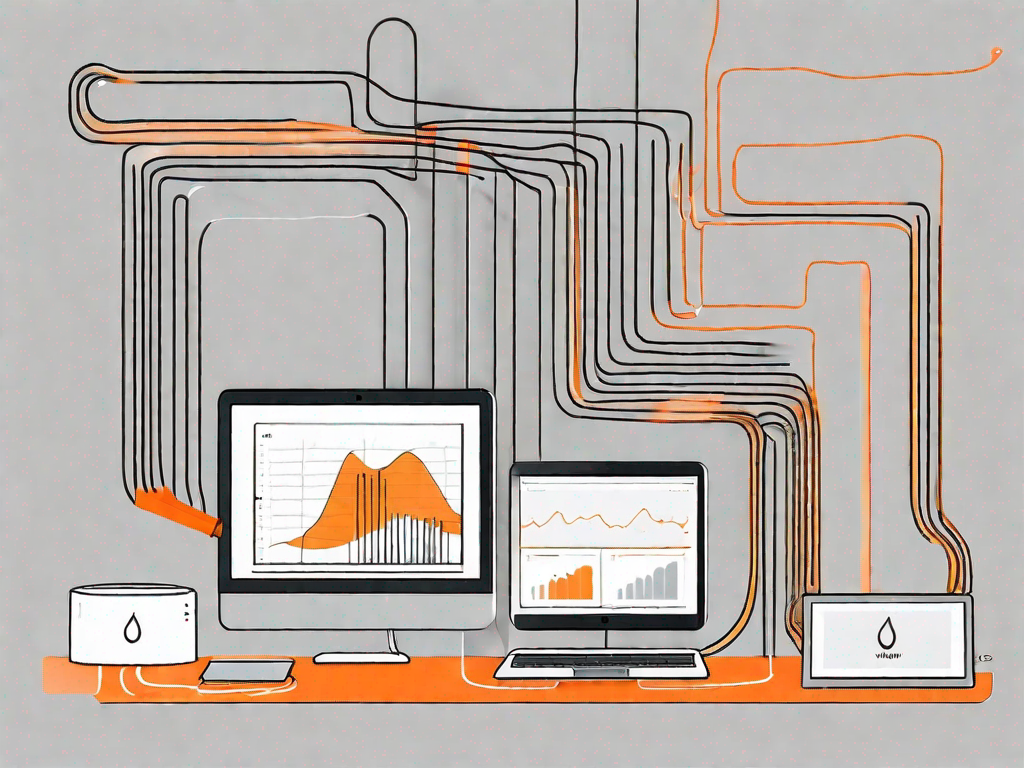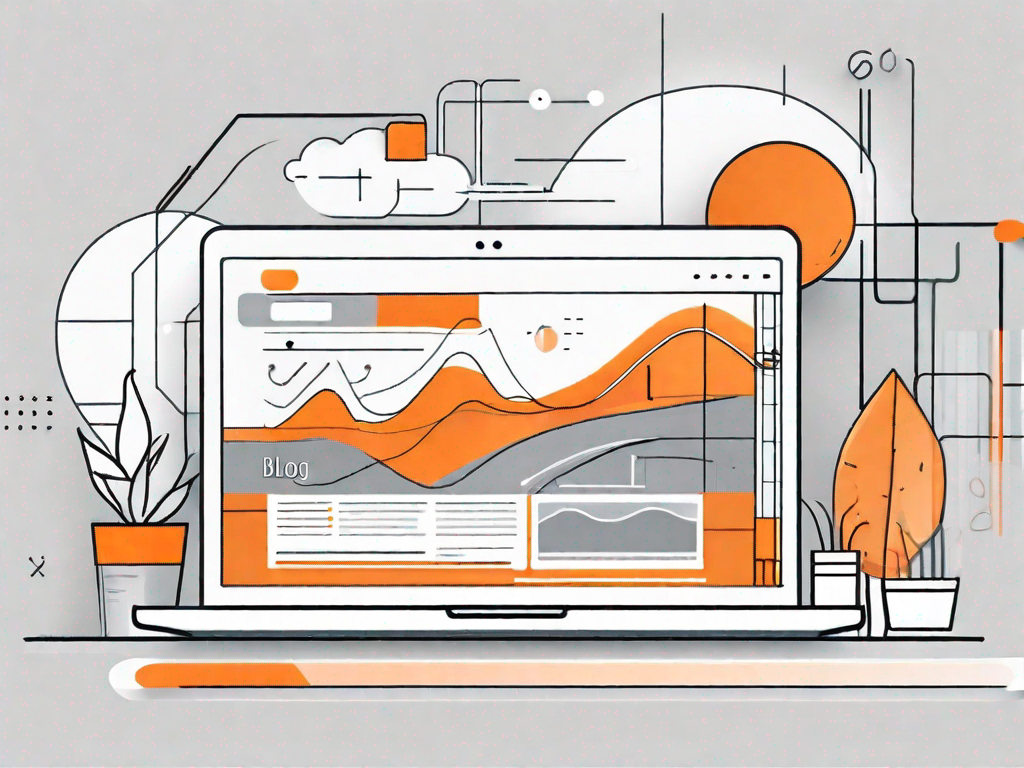.svg)
How AI Agents Enhance Traffic Flow in Smart Cities
.svg)

The rapid urbanisation of the 21st century has led to an unprecedented increase in traffic congestion, posing significant challenges for city planners worldwide. As cities expand, the demand for efficient transportation systems becomes paramount. Enter the era of smart cities, where artificial intelligence (AI) agents play a pivotal role in revolutionising traffic management. By leveraging cutting-edge technology, AI agents are transforming how traffic flows within urban environments, ensuring smoother commutes and reducing environmental impact.
The Role of AI in Smart Cities
AI agents are at the forefront of smart city initiatives, offering innovative solutions to age-old traffic problems. These intelligent systems are designed to process vast amounts of data in real-time, providing insights that help optimise traffic flow. By analysing patterns and predicting traffic conditions, AI agents enable city planners to make informed decisions that enhance the overall efficiency of urban transportation networks.
In smart cities, AI is not limited to traffic management alone. It extends to various aspects of urban life, including energy management, waste reduction, and public safety. However, its application in traffic systems is particularly noteworthy due to the immediate and tangible benefits it offers. From reducing travel times to minimising carbon emissions, AI agents are instrumental in creating sustainable and liveable urban environments.
Moreover, the integration of AI in smart cities is facilitated by the Internet of Things (IoT), which connects various devices and systems. This interconnectedness allows AI agents to gather and analyse data from multiple sources, such as traffic cameras, sensors, and GPS devices, providing a comprehensive overview of the city's traffic dynamics.
Real-Time Traffic Monitoring
One of the primary functions of AI agents in smart cities is real-time traffic monitoring. By continuously analysing data from traffic cameras and sensors, AI systems can detect congestion patterns and identify potential bottlenecks. This information is invaluable for traffic management centres, enabling them to respond swiftly to changing conditions and implement measures to alleviate congestion.
Real-time monitoring also allows for dynamic traffic signal control, where AI agents adjust traffic light timings based on current traffic conditions. This adaptive approach ensures a smoother flow of vehicles, reducing wait times at intersections and minimising the risk of gridlock.
Predictive Traffic Analysis
Beyond real-time monitoring, AI agents excel in predictive traffic analysis. By examining historical data and current trends, these systems can forecast future traffic conditions with remarkable accuracy. This predictive capability allows city planners to anticipate congestion and implement pre-emptive measures to mitigate its impact.
For instance, AI agents can suggest alternative routes to drivers during peak hours, distributing traffic more evenly across the network. Additionally, predictive analysis aids in the planning of infrastructure projects, ensuring that new developments align with future traffic demands.
Benefits of AI-Driven Traffic Management
The implementation of AI agents in traffic management systems offers a multitude of benefits, enhancing the quality of life for urban residents. One of the most significant advantages is the reduction in travel times. By optimising traffic flow, AI systems minimise delays, allowing commuters to reach their destinations more quickly and efficiently.
Furthermore, AI-driven traffic management contributes to environmental sustainability. By reducing congestion and promoting smoother traffic flow, these systems help decrease fuel consumption and lower vehicle emissions. This reduction in pollution is crucial for improving air quality in densely populated urban areas, contributing to a healthier living environment.
Another notable benefit is the enhancement of public safety. AI agents can quickly identify and respond to traffic incidents, such as accidents or road closures, ensuring that emergency services are dispatched promptly. This rapid response capability not only minimises the impact of incidents on traffic flow but also enhances the safety of road users.
Economic Impact
The economic implications of AI-enhanced traffic management are profound. By reducing congestion, cities can improve productivity, as less time is wasted in traffic jams. This increased efficiency translates to economic growth, as businesses can operate more smoothly and workers can spend more time on productive activities.
Moreover, the adoption of AI in traffic systems can lead to cost savings for municipalities. By optimising traffic flow and reducing the need for extensive infrastructure projects, cities can allocate resources more effectively, investing in other critical areas such as public transport and urban development.
Improved Public Transport Systems
AI agents also play a crucial role in enhancing public transport systems within smart cities. By analysing passenger data and traffic patterns, these systems can optimise bus and train schedules, ensuring that public transport services run efficiently and punctually. This improvement in service reliability encourages more people to use public transport, reducing the number of private vehicles on the road and further alleviating congestion.
Additionally, AI-driven systems can provide real-time updates to passengers, informing them of delays or changes in service. This transparency improves the overall user experience, making public transport a more attractive option for commuters.
Challenges and Considerations
Despite the numerous benefits, the integration of AI agents in traffic management is not without challenges. One of the primary concerns is data privacy. As AI systems rely on vast amounts of data to function effectively, ensuring the privacy and security of this information is paramount. Cities must implement robust data protection measures to safeguard sensitive information and maintain public trust.
Another challenge is the need for significant investment in infrastructure and technology. The implementation of AI-driven traffic systems requires substantial financial resources, which may be a barrier for some cities. However, the long-term benefits often outweigh the initial costs, making it a worthwhile investment for forward-thinking municipalities.
Finally, there is the issue of public acceptance. The transition to AI-enhanced traffic systems may face resistance from those who are sceptical of new technologies. To address this, cities must engage in public education campaigns, highlighting the benefits of AI and addressing any concerns residents may have.
Ensuring Equitable Access
As cities adopt AI-driven traffic management systems, it is crucial to ensure that these technologies benefit all residents, regardless of socio-economic status. Equitable access to improved transportation services is essential for fostering inclusive urban environments. Policymakers must consider the needs of all communities, ensuring that AI systems do not inadvertently exacerbate existing inequalities.
By prioritising equitable access, cities can create transportation networks that serve the entire population, enhancing mobility and quality of life for all residents.
Future Prospects
The future of AI in traffic management is promising, with ongoing advancements in technology paving the way for even more sophisticated systems. As AI algorithms become more refined and data collection methods improve, the potential for further optimisation of traffic flow is immense. Future developments may include the integration of autonomous vehicles into traffic systems, further enhancing efficiency and safety.
Moreover, the continued evolution of AI technology will likely lead to new applications beyond traffic management, contributing to the overall development of smart cities. By embracing these innovations, cities can create sustainable, efficient, and liveable urban environments for generations to come.
In conclusion, AI agents are revolutionising traffic flow in smart cities, offering a myriad of benefits that enhance urban life. From reducing congestion and emissions to improving public transport and safety, these intelligent systems are integral to the future of urban transportation. As cities continue to grow and evolve, the role of AI in traffic management will only become more critical, shaping the cities of tomorrow.
Let's
Let’s discuss how we can bring reinvigorated value and purpose to your brand.







.svg)